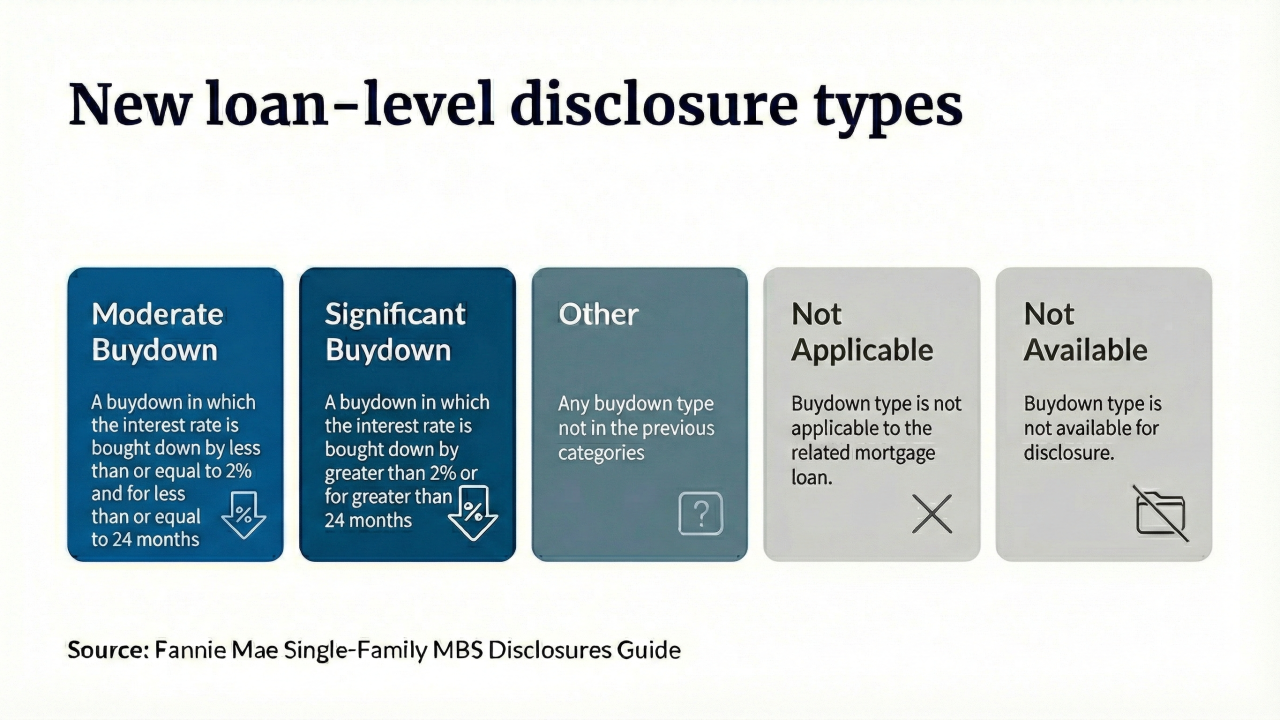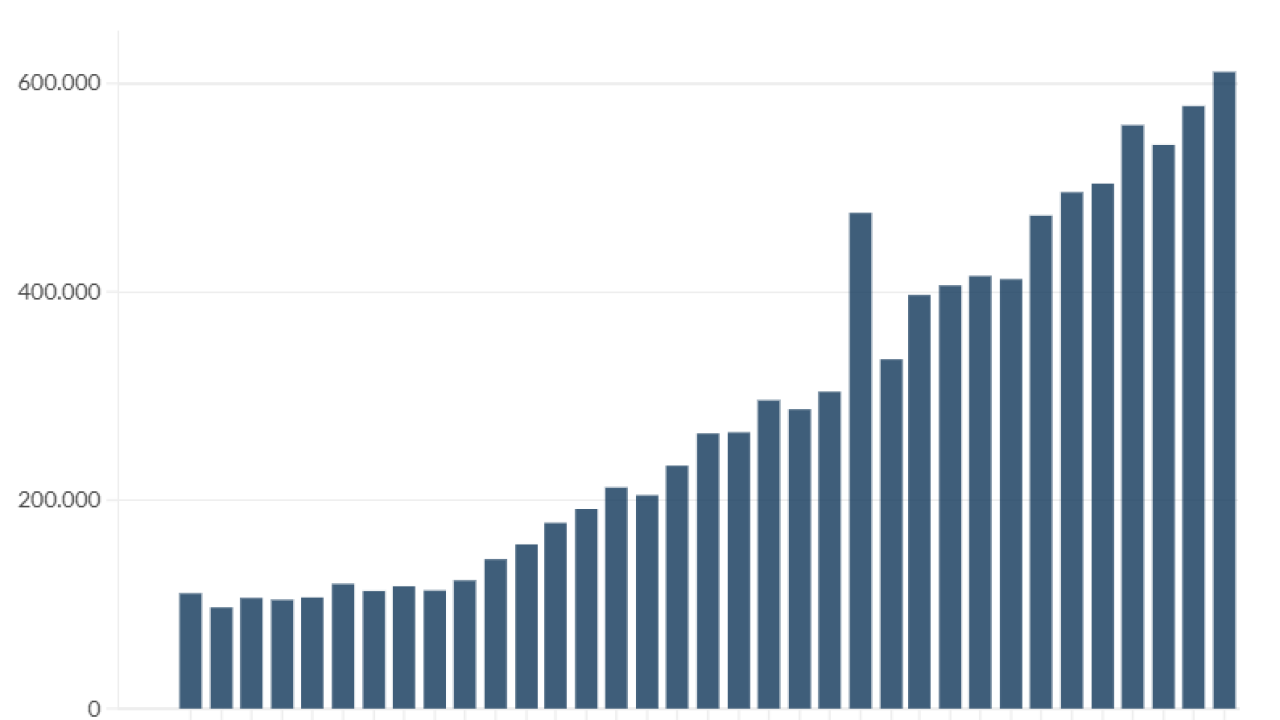Dominion Bond Rating Service said in a report today that the automated underwriting used by non-bank specialty finance companies has led to a pick-up in small, unsecured business lending. These lenders are now considering issuance of asset-backed securities in order to fund additional lending.
The credit rating agency did not say whether it had been asked to review any such deals. However it has a "positive inital view" on the sector and will monitor developments.
The boost in lending comes on the back of a push, by these lenders, to automate the underwriting process for small business loans. It’s led to non-bank specialty finance companies to emerge as the leading players in this space; and the increased lending volumes means these lenders are now looking to the ABS markets for capital.
DBRS said that there are currently over 10 million small businesses in existence today in the U.S. “Assuming only 20% of these businesses qualify for credit and each such qualifying business receives a loan of $50,000, the potential [ABS] market size would be $100 billion,” said analysts in the report.
Lenders, both non-bank and bank, generally provide six-month to two-year fixed term loans for amounts ranging from $5,000 to $150,000. The borrowers are small businesses with revenues usually below $3 million.
But bank lenders typically perform manual credit underwriting for commercial loans, which isn’t as cost effective for smaller commercial balance loans.
“[Non-bank] lenders contend that the automated nature of the underwriting process enables them to increase efficiency and gain precision making this an attractive model for generating profits on smaller balance loans which is not economic for standard bank underwriting,” explain analysts in the DBRS report.
The asset has both retail credit card and small balance commercial characteristics so non-bank financial use a hybrid underwriting process that includes two main components.
The first component that non-bank financial use are similar to retail credit card underwriting such as scoring and predictive analytics, generally focused on the principals of the business. The second component utilizes small business credit underwriting by focusing on business cashflow, bank activity and other business performance data.
DBRS said that as the market for hybrid, automated underwriting develops, it will likely become attractive to banks as well.





